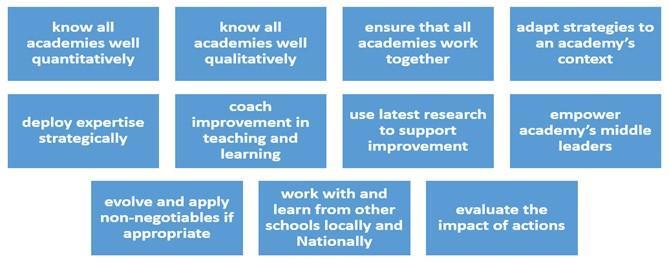At SNMAT we know that our core purpose is to promote excellence in all that our academies do, in order that children and young people get the best possible start to life. Our core values, such as responsibility, acceptance, truth and justice, are Christian. They are expressed both explicitly and implicitly in our Church of England academies:
- To ensure that all pupils succeed and thrive in school by raising aspirations and tackling disadvantage.
- To focus on the academic development of pupils with particular reference to English, maths and computing skills within a curriculum framework that also pays close attention to the personal development of pupils, their leadership and organisational skills, their understanding of citizenship, community involvement and forming a constructive relationship with the world of work.
- To develop pupil’s abilities to make informed choices, solve problems and make decisions.
- To encourage a holistic approach to the development of pupils believing that each person is an individual made in the image of God and should therefore be supported to reach their full potential by receiving the very best education possible.
- To provide strong support for operational needs to enable head teachers and their staff to focus on teaching and learning.

